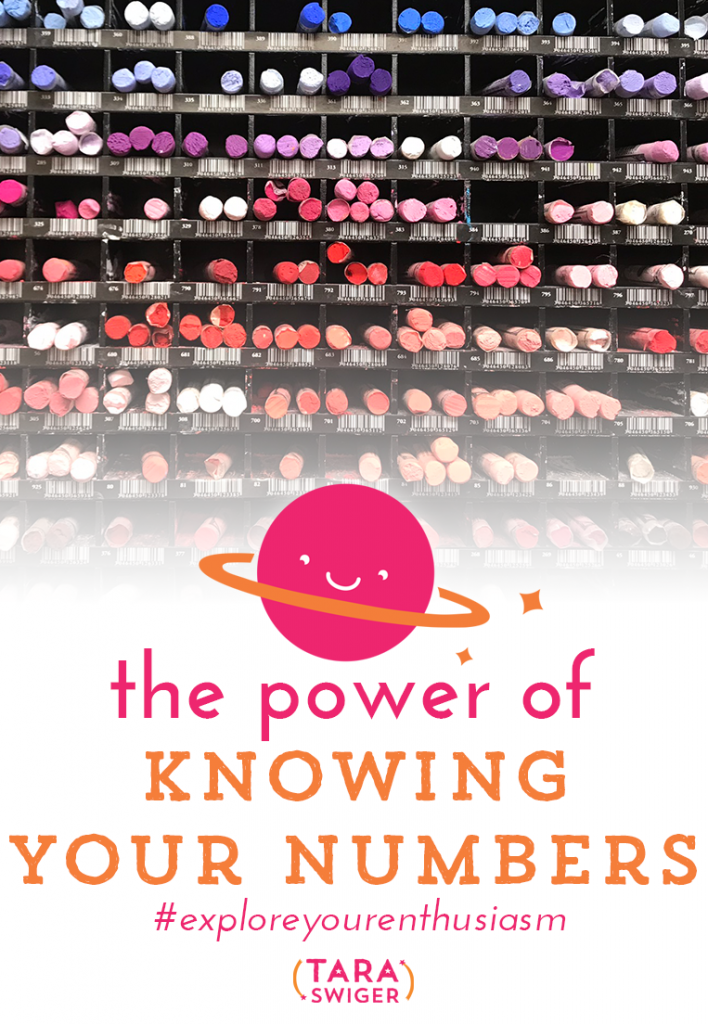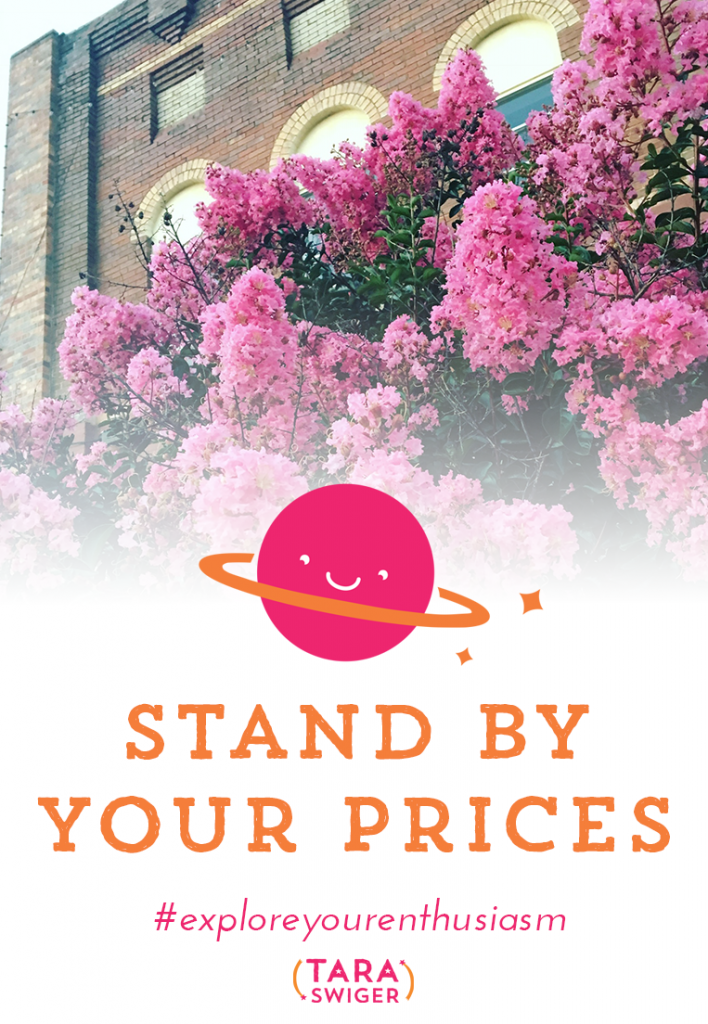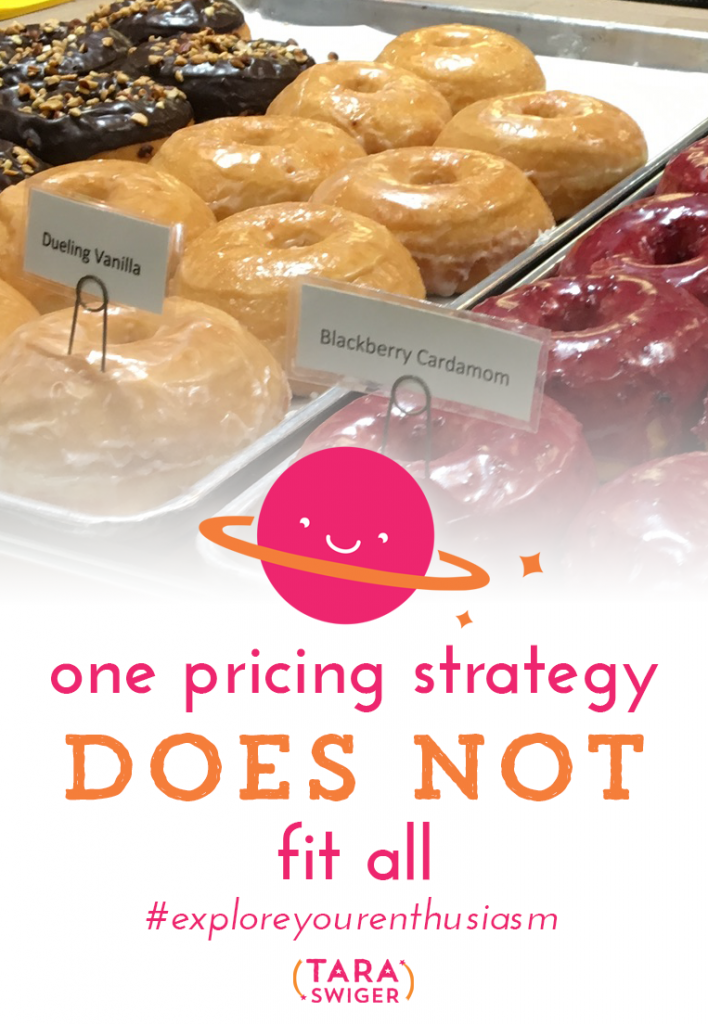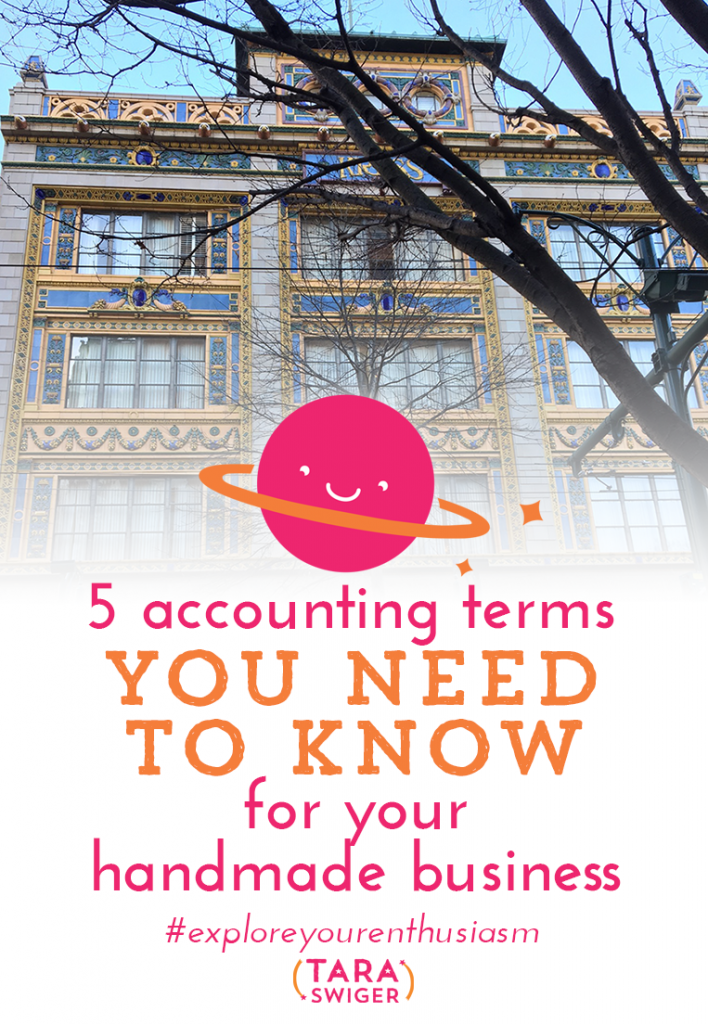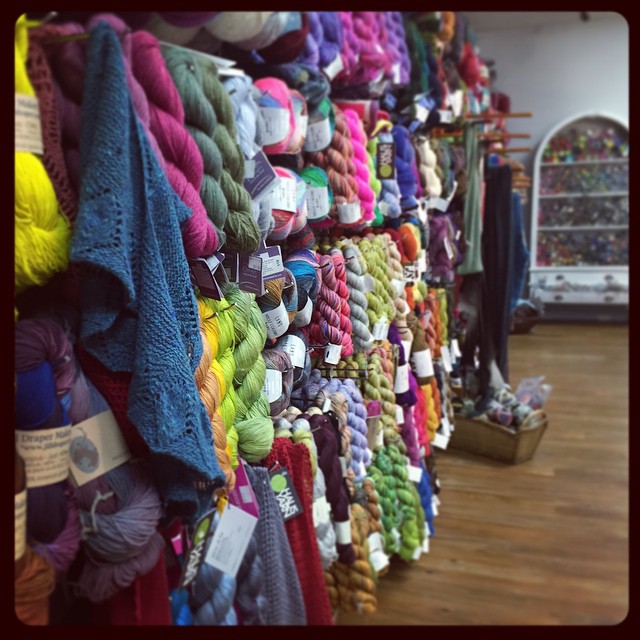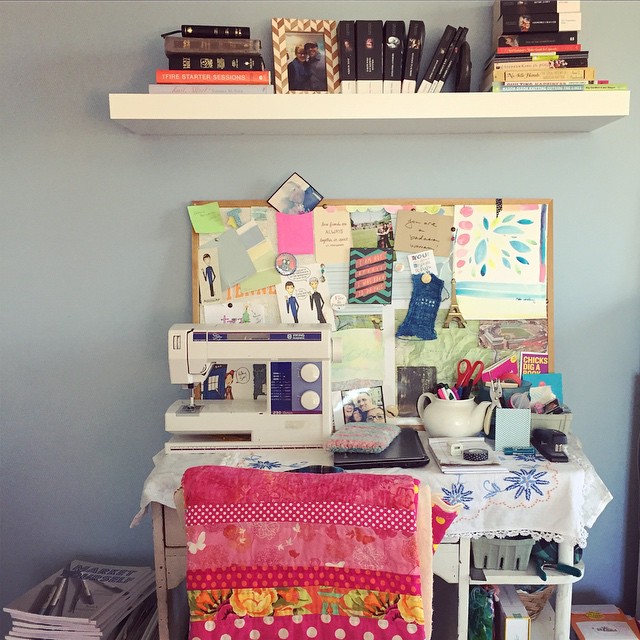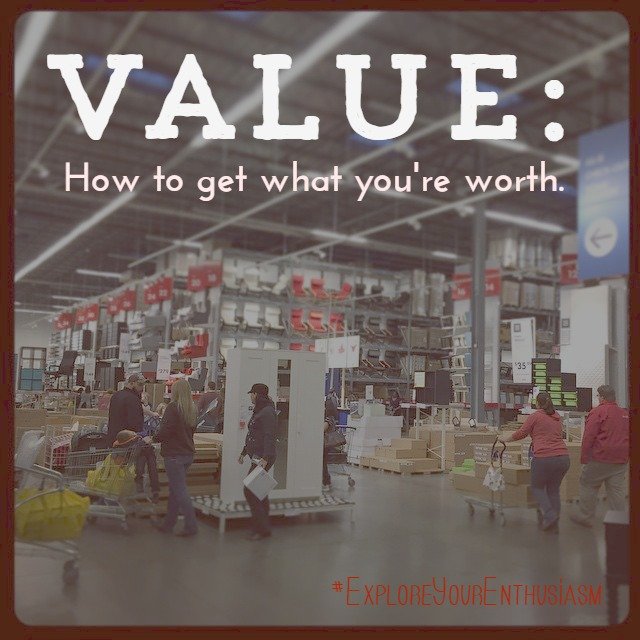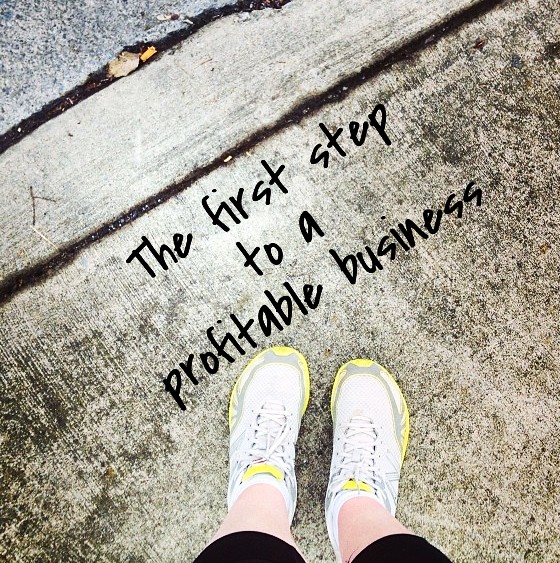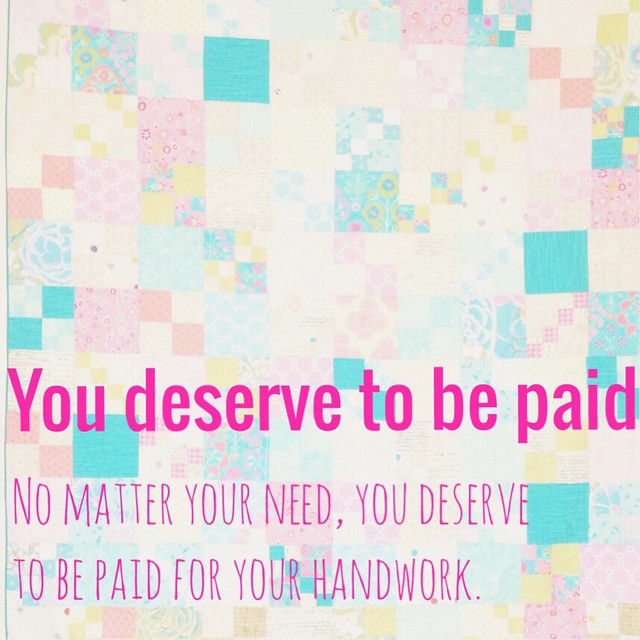
One thing that comes up every time I talked about money-making with a group of women is “need” and who needs what and how much and how this impacts their work. This is a loaded, emotionally-charged issue, but it's time we talk about this openly and without shame.
The simple fact is:
Some makers need to make money from their craft in order to pay the bills + some makers do not need this money to pay the bills.
I think of this as the Spectrum of Money Need. There are some of us on the far side of MUST make this money to pay the bills. If you're single or if you're the main “breadwinner”in the family – your business, no matter how much you love it, has to support you financially. On the far other end are those who have another income that pays all of their bills (this might be a day job or a partner's income). Most business owners are somewhere in the middle. (Perhaps you have a part-time job, or your creative work brings in 35% or 70% of your needs.)
Everyone, no matter their need, deserves to be paid for the work of their hands.
This is why I created Pay Yourself and this is the reason students across the spectrum love it – makers are ready to start valuing their work.
This is a common rallying cry around the craft community, but it usually get stuck in the “people should charge more” debate. I take it a step further. It is not your buyer's job to be sure you're paid fairly. It's not the community's job to set a standard of fair prices.
It's your job. It's your responsibility to price your work competently, to know your expenses, to be aware of your Break Even Point. It's your responsibility to not only know these numbers, but to make smart decisions informed by them. It's your responsibility to keep paying attention to what your business and customers are telling you. And it's your responsibility to stay open to change.
No matter what you need in terms of income – you have this responsibility if you want to build a sustainable, satisfying business*. No matter what you need, you have no more (or less) right to be paid fairly, and no more (or less) responsibility to make that happen.
There are differences – where you are on the Spectrum of Money Needs will impact what you struggle with. Makers who don't feel a pressing “need” for the money often feel weird about charging for their work, or making decisions based on the numbers. Makers who desperately need the money so that they can continue to eat often feel overwhelmed and frustrated. They want to know exactly what to do to make it all work out. (Triple the stress if you have other people counting on you to feed them as well.)
You see, your hesitations and fears are normal. You are not alone. You are not more or less deserving than the crafter next to you.
No matter where you are in this spectrum – you deserve to be paid.
Your work is worth the effort. Your gifts are worth the work you'll do to find the profitability. Only by truly believing this, and taking on the responsibility for your own business, will you find your way to what you want. (And remember – you get to define success for yourself.)
While you're at it, while you're working on believing in your own worth, take a moment to accept the worth of everyone else. Let's stop debating who has a “real” business and let's stop trying to figure out who is making “real” money. You just don't know. You don't know how hard anyone else works or their own issues with self-worth. You don't know, so stop using it as a yardstick (or excuse) for your own goals.
If you're ready to get real about your own numbers + take responsibility for making money, check out Pay Yourself – it's now a self-paced e-course and for this week only it's on sale – $20 off. If you're ready to value your work and get paid, this class will help you find the profitability and improve on it.
*Don't care about making money on your craft? That's ok! Check out: Is it a business or a hobby?

